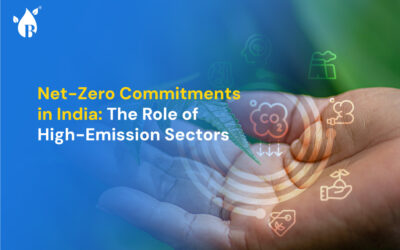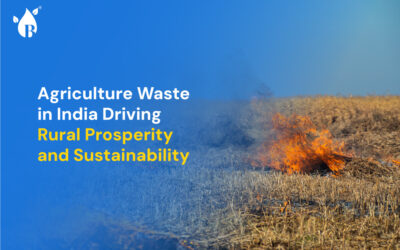
The global climate community took a significant step at COP29 in Baku, finalizing the global carbon market under the Paris Agreement’s Article 6. This agreement allows countries to trade carbon credits, creating a financial mechanism to help nations meet their emissions targets. For India, this new carbon market presents significant opportunities to expand its biofuel sector while contributing to global emissions reduction goals.
What COP29 Means for the Global Carbon Market
The COP29 decision to finalize the global carbon market under Article 6 is a pivotal moment in the fight against climate change. This framework allows countries to trade carbon credits through bilateral agreements (Article 6.2) and a broader carbon market (Article 6.4). By facilitating carbon credit exchanges, this system helps nations meet their Nationally Determined Contributions (NDCs). India, which has committed to reducing its emission intensity by 45% by 2030 from 2005 levels, stands to gain significantly from this new mechanism.
India’s Biofuel Sector and Carbon Credits
India’s biofuel sector is well-positioned to capitalize on the opportunities presented by the global carbon market. With a target of reaching net-zero emissions by 2070, biofuels are expected to play a central role in reducing emissions. The global carbon market incentivizes biofuel projects that utilize sustainable feedstocks like agricultural residues and waste, which can generate carbon credits. These credits can be traded on the global market, providing new revenue streams for biofuel producers while supporting India’s emission reduction goals.
Integrating carbon credit generation into biofuel production not only helps India achieve its climate targets but also contributes to the global effort to reduce carbon emissions. This strategic alignment positions India as a leader in renewable energy innovation and carbon trading, advancing both environmental sustainability and economic growth.
The Challenges and Opportunities Ahead for India
Despite the positive steps taken at COP29, several challenges remain. A key concern is ensuring the transparency and integrity of carbon credits, ensuring that the credits genuinely contribute to emission reductions and that the projects generating them are sustainable. India’s biofuel projects, if carefully managed and certified, can play a crucial role in addressing these challenges by offering verifiable carbon reductions.
The global carbon market also presents India with the opportunity to scale its biofuel sector, essential for both energy security and meeting global climate goals. However, India will need to overcome challenges related to financing, infrastructure, and technology deployment to fully harness the potential of the carbon market.
A Future Driven by Biofuels and Carbon Markets
COP29 has set the stage for the global carbon market to become a key tool in addressing climate change. For India, the market offers an opportunity to link its biofuel sector with carbon trading, creating a win-win scenario where biofuels help reduce emissions, generate carbon credits, and provide economic benefits. As the carbon market evolves, India’s biofuel industry could become a cornerstone in both national and global climate strategies.



